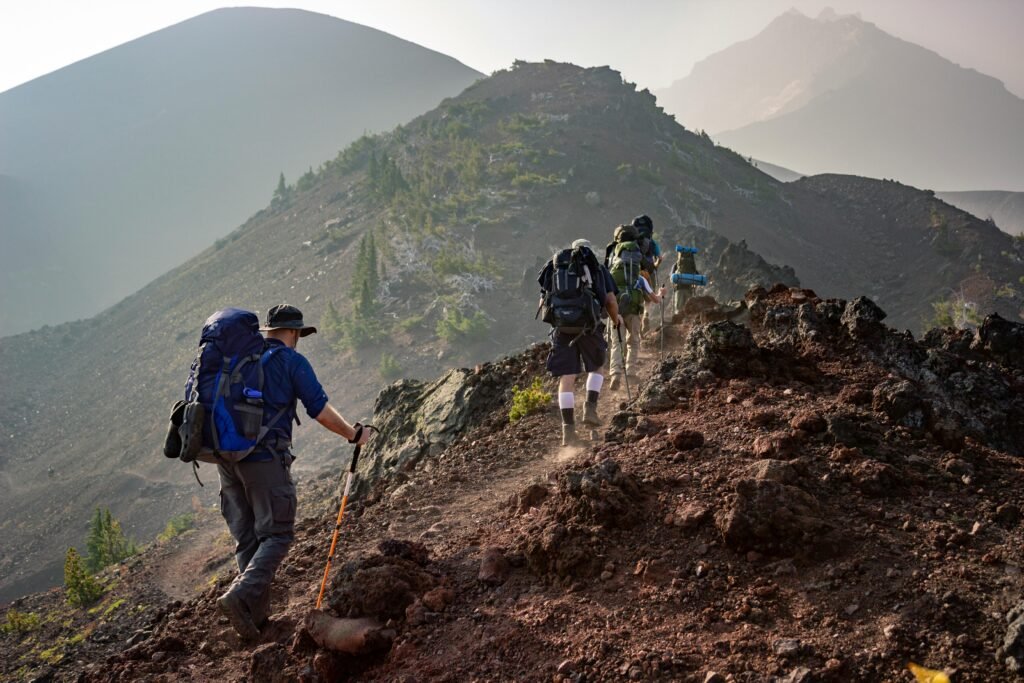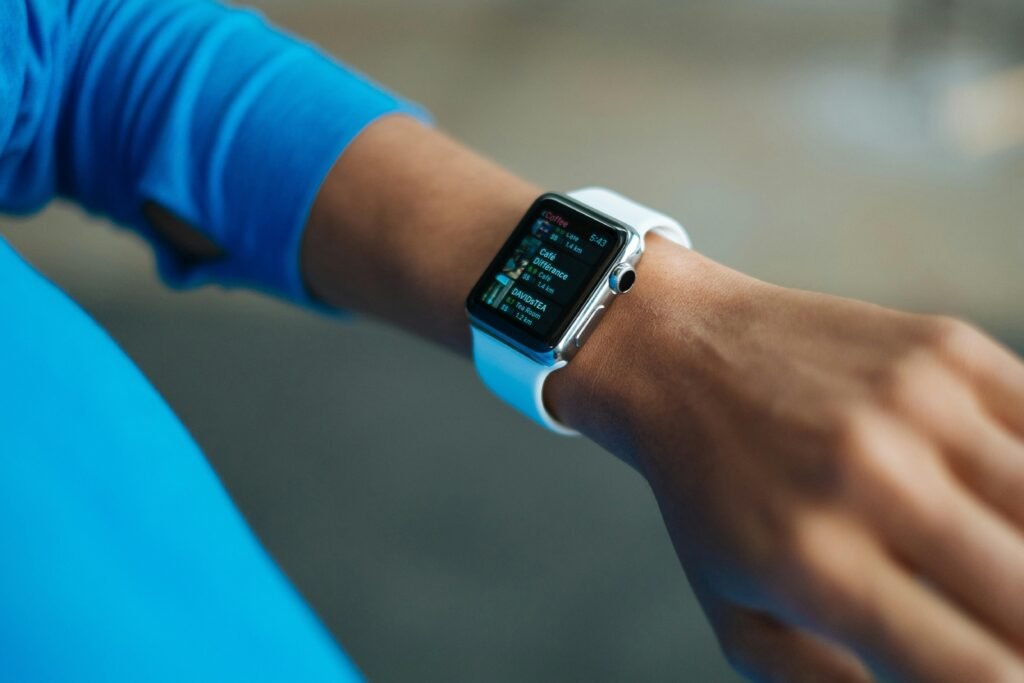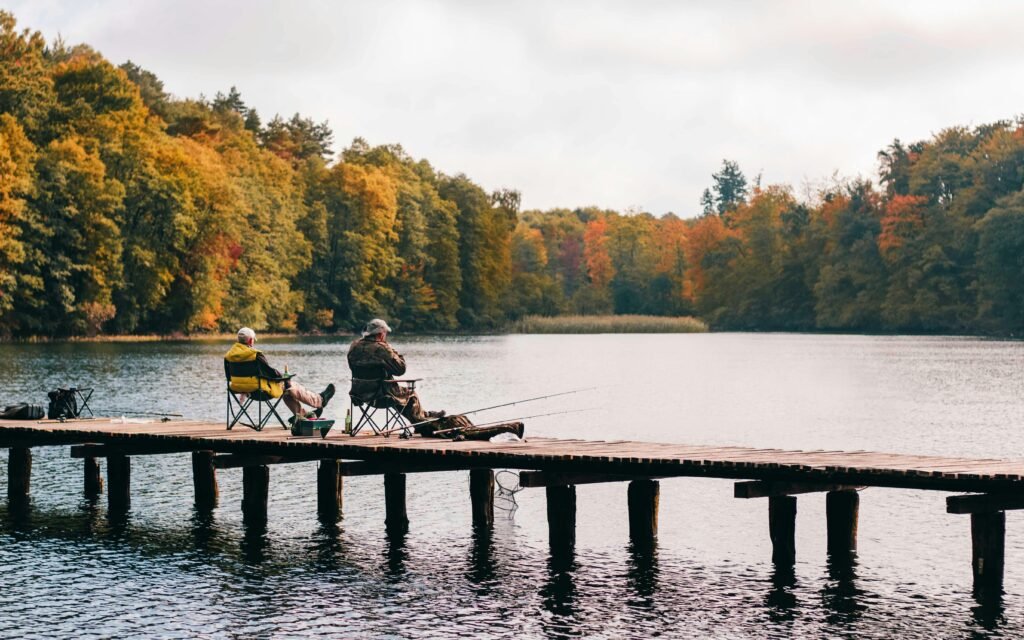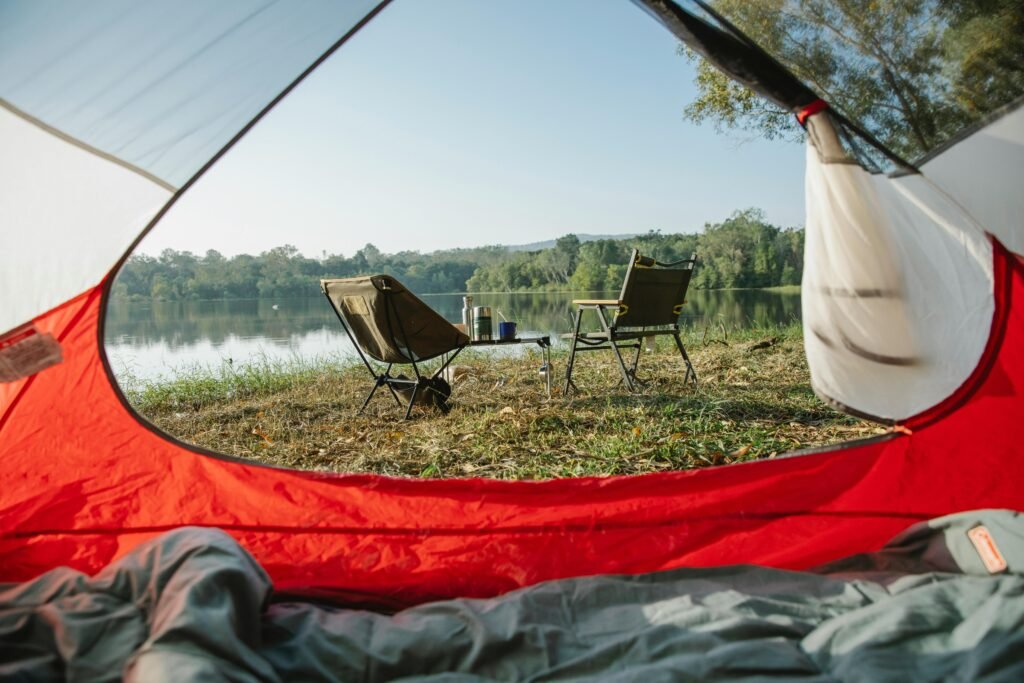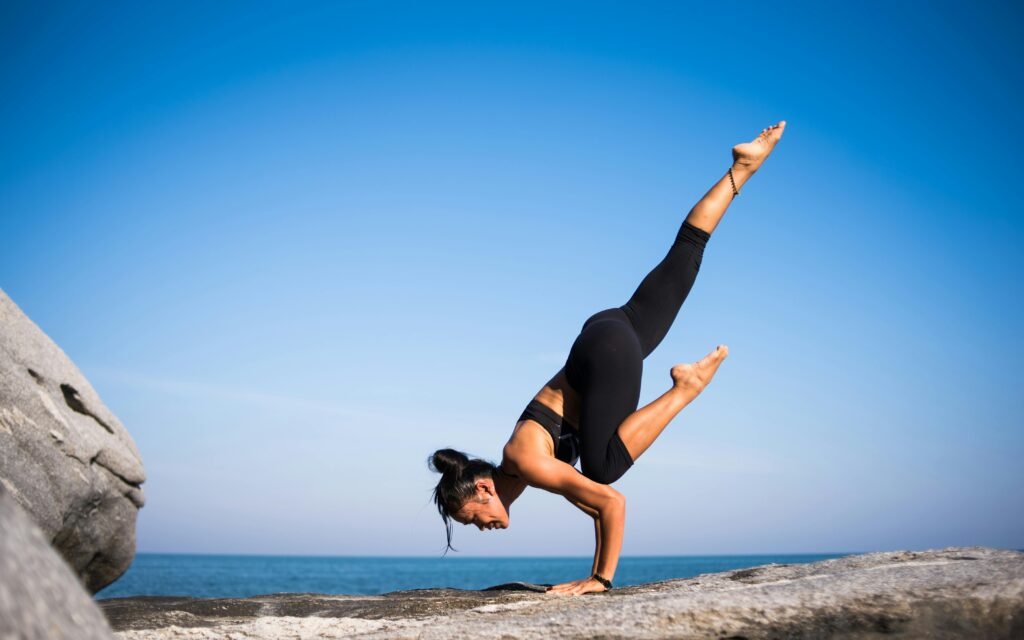
How to Maintain Your Health on a Trip: Stay Fit and Fresh
- March 21, 2025
- joshenns003@gmail.com
- 12:12 am
So, you came back from your trip with a few extra pounds and a bit of regret—it happens. You had those extra desserts, that second helping of pasta, and maybe a few too many cocktails. Now you’re wishing you’d planned a little better, right? Next time, maybe balance out those indulgences with a bit more movement or healthier choices. But hey, it’s all part of the journey, and now you’ve learned for the next adventure!
How to Stay Healthy While Traveling for a Week: Tips for Wellness on the Go
Traveling can be a whirlwind of excitement, but it can also take a toll on your health if you’re not careful. Staying healthy while on the go is essential, especially during a week-long trip. From maintaining your diet to staying active, there are simple ways to ensure you’re keeping your body in balance. In this guide, we’ll share tips for traveling smart and staying in tip-top shape while making the most of your travels. Whether you’re hopping from one city to another or exploring a quiet destination, wellness should always be a priority.
Section 1: Staying Active During Your Trip
Traveling often involves a lot of sitting, whether you’re on planes, trains, or in cars, but there are ways to sneak in some activity. Staying active can help with circulation, energy, and overall well-being. The goal is to find ways to incorporate movement into your day, no matter how busy or tired you are. You can do quick exercises in your hotel room, take walks between sightseeing stops, or even use your surroundings as a fitness playground. Here are some ways to stay active while traveling.
Subsection 1: Move During Downtime
Taking care of your body while traveling doesn’t have to be a chore—it can be something you enjoy! Traveling often involves downtime, and this is the perfect opportunity to squeeze in some activity. Even during a long layover or waiting for your tour to begin, you can keep your body in motion. The best part? You don’t need a gym or fancy equipment. Stretching is an excellent way to prevent stiffness and maintain flexibility. Take a break to stand up, stretch your arms, legs, and back, and you’ll feel better in no time. If you have more time to spare, consider walking around your hotel or exploring the neighborhood. Not only will you be getting your steps in, but you might stumble upon hidden gems and local attractions. Walking is a simple way to explore and stay active, while bodyweight exercises can help you maintain muscle tone without needing a gym.
Tip 1: Take Stretch Breaks
• Stretching can alleviate stiffness from long periods of sitting. A few simple stretches can keep your body mobile and energized.
• Focus on areas like your back, legs, and arms, which tend to get tense when sitting for long stretches.
• Consistency is key. Stretching for just 10 minutes a few times a day can make a huge difference.
Tip 2: Explore on Foot
• Walking is one of the best ways to stay active while traveling. Explore your destination on foot instead of relying on taxis or buses.
• Incorporate walking into your sightseeing plans, and you’ll be surprised at how many steps you rack up throughout the day.
• Discover hidden gems in the area that are easily accessible by walking but missed when you’re in a vehicle.
Tip 3: Hotel Room Workouts
• Bodyweight exercises like squats, push-ups, and planks can easily be done in your hotel room.
• Time is often limited, so a quick 10-15 minute workout can be both efficient and effective.
• Minimal equipment is needed, so you can perform these exercises anywhere, anytime during your trip.
Subsection 2: Stay Hydrated
Staying hydrated during your travels is crucial—especially if you’re constantly on the move. Water plays a vital role in digestion, energy levels, and overall well-being. During a busy trip, it’s easy to forget to drink enough, so keeping a reusable water bottle with you is a game-changer. If you’re traveling in hot climates or doing a lot of walking, you may need to increase your water intake. Additionally, it’s wise to avoid sugary drinks or excessive caffeine, as they can contribute to dehydration and energy crashes. If plain water feels boring, consider adding some fruit, like lemon or cucumber, for a refreshing twist. Infused water not only tastes better but also comes with added antioxidants from the fruits. By keeping up with your hydration, you’ll feel more energetic and focused throughout your trip.
Tip 1: Drink Water Regularly
• Hydration is crucial for maintaining energy levels. Even small amounts of water throughout the day keep your body functioning at its best.
• Avoid sugary drinks or excessive caffeine, as they can dehydrate you and leave you feeling sluggish.
• Carry a reusable water bottle, so you always have access to hydration, even during long travel days.
Tip 2: Infuse Your Water
• Infusing your water with fruits like lemon, lime, or cucumber can make it more refreshing and add a boost of flavor.
• Add herbs like mint or basil for an extra twist that can elevate your hydration experience.
• Benefits include added vitamins and antioxidants from the fruits and herbs that contribute to overall health.
Tip 3: Monitor Your Intake
• Track your water consumption, especially when you’re on the go and may forget to drink.
• Set reminders on your phone to sip water regularly or use an app to monitor hydration.
• Adapt your intake based on the weather and how much you’re moving, as you’ll need more water in hot climates and after exercise.
Subsection 3: Get Enough Sleep
Maintaining a healthy sleep schedule while traveling is essential to feeling your best. When you’re away from home, adjusting to new time zones, different environments, and unfamiliar beds can disrupt your sleep patterns. However, there are ways to ensure you get the rest you need. Try to establish a bedtime routine that signals to your body that it’s time to wind down. Dim the lights, put away screens, and avoid heavy meals or caffeine before bed. Creating a comfortable sleeping environment is also key, so consider packing earplugs, an eye mask, or even a travel pillow to help with rest. If you’re adjusting to a new time zone, resist the urge to nap for hours—this can throw off your circadian rhythm. Stick to a consistent bedtime and wake-up time to help your body adjust. A well-rested body will help you feel energized and ready for your next adventure.
Tip 1: Create a Sleep Routine
• Routine is vital to help your body adjust to different time zones. Try to follow the same bedtime routine, even when traveling.
• Dim the lights and avoid screens before bed to signal to your body that it’s time to wind down.
• Consistency in your sleep schedule helps maintain energy levels and supports overall health.
Tip 2: Make Your Sleeping Environment Comfortable
• Comfort is essential for quality sleep. Invest in a travel pillow or blanket to make your sleep setup more enjoyable.
• Control noise and light by using earplugs or a sleep mask to create a peaceful environment.
• Temperature plays a big role—make sure your room isn’t too hot or cold for restful sleep.
Tip 3: Avoid Stimulants Before Bed
• Caffeine or large meals too close to bedtime can disrupt your sleep cycle and prevent deep rest.
• Limit alcohol consumption in the evening, as it can affect your sleep quality.
• Opt for light snacks like nuts or yogurt if you need something before bed, ensuring it’s easy on the stomach.
Section 2: Eating Well While Traveling
Eating healthy while traveling is one of the biggest challenges. From airport snacks to unfamiliar restaurant menus, it can be hard to make nutritious choices. However, with a little planning, you can keep your diet in check. Packing healthy snacks and choosing the right meals when eating out can make all the difference. Staying mindful of portion sizes and opting for whole, fresh foods will help you feel your best throughout your trip. Let’s dive into simple ways to stay nourished while you travel!
Subsection 1: Pack Healthy Snacks
Packing snacks is one of the easiest ways to stay on track with your eating habits while traveling. The right snacks will keep you energized, prevent you from overeating at meal times, and avoid unhealthy airport or gas station options. Try packing a mix of nutritious snacks like nuts, fruits, and protein bars. When selecting your snacks, opt for options that are high in fiber and protein, as these will help you stay fuller longer. Nuts and seeds are excellent sources of healthy fats and protein, but be mindful of portion sizes since they’re calorie-dense. For a refreshing and natural snack, fresh fruit like apples, bananas, or oranges are perfect. Lastly, consider packing protein bars that contain whole ingredients—choose ones with minimal sugar and at least 10 grams of protein. These snacks will ensure that you can always fuel up without compromising your health.
Tip 1: Nuts and Seeds
• Nuts and seeds are easy to pack, portable, and packed with healthy fats, fiber, and protein.
• Choose unsalted versions to avoid excess sodium.
• Portion them into small snack bags to prevent overeating and have a healthy snack on hand at all times.
Tip 2: Fresh Fruit
• Fruits like apples, bananas, and oranges are easy to carry and don’t require refrigeration.
• Natural sugars from fruits provide a quick energy boost without the crash that comes from processed snacks.
• Variety is key; pack different fruits to keep things interesting and to get a range of vitamins and minerals.
Tip 3: Protein Bars
• Protein bars are convenient for long travel days and help curb hunger while providing a healthy dose of protein.
• Look for bars with minimal sugar and whole ingredients like oats, nuts, and seeds.
• Check labels for protein content, aiming for at least 10 grams of protein per serving to keep you full longer.
Subsection 2: Choose Nutrient-Dense Meals
One of the best ways to stay healthy while traveling is by choosing meals that are nutrient-dense. It can be tempting to indulge in comfort food or quick meals on the go, but prioritizing whole foods will make you feel better in the long run. Opt for grilled or roasted meals, as these cooking methods are generally healthier than frying. Grilled chicken, fish, or vegetables are excellent options that are often lower in calories and fat. Try to avoid heavy sauces or dressings that can add unnecessary sugar and fat to your meal. Whole grains like quinoa, brown rice, or whole-wheat bread should also be included in your meals for an added boost of fiber and essential nutrients. The goal is to choose meals that will fuel your body with the right mix of protein, fiber, healthy fats, and vitamins to keep your energy up.
Tip 1: Opt for Grilled or Roasted
• Grilled or roasted meals are often healthier than fried options. Look for grilled chicken, fish, or veggies when dining out.
• Avoid heavy sauces or dressings, which can add unnecessary calories and fat.
• Request sides like steamed vegetables or salads instead of fries or chips.
Tip 2: Include Whole Grains
• Whole grains such as quinoa, brown rice, or whole wheat bread offer more fiber and nutrients than refined grains.
• Choose meals with a base of whole grains to help sustain energy throughout the day.
• Be mindful of portion sizes, as even healthy grains can add up if you eat too much.
Tip 3: Choose Plant-Based Options
• Plant-based meals are often lower in calories and richer in nutrients like vitamins, minerals, and antioxidants.
• Go for dishes that feature legumes, grains, and vegetables, which are both filling and nourishing.
• Experiment with vegetarian or vegan meals for a refreshing change from meat-heavy dishes.
Subsection 3: Avoid Overeating
Avoiding overeating while traveling is essential to staying healthy and feeling your best. It’s easy to overindulge when you’re on vacation, but being mindful of your portion sizes and eating patterns will help you avoid this. When dining out, you may be tempted by large restaurant portions, so portion control becomes key. Requesting half-portions or sharing meals with a travel companion are simple strategies to keep portions in check. Another way to prevent overeating is to avoid skipping meals—when you’re too hungry, you’re more likely to overeat. Snacking regularly on small, balanced snacks can help prevent this. Lastly, make sure to eat slowly and mindfully to listen to your body’s hunger and fullness cues. This simple act can help you avoid mindless eating and enjoy your meals more fully.
Tip 1: Control Portions
• Portion control is especially important when dining out, as restaurant portions can be large.
• Request half-portions or share dishes with a travel companion to prevent overeating.
• Focus on eating mindfully, savoring each bite rather than rushing through your meal.
Tip 2: Don’t Skip Meals
• Skipping meals may lead to overeating later on. Try to eat regular meals and snacks to maintain energy levels.
• Balance each meal with a mix of protein, healthy fats, and fiber to keep you full longer.
• Prepare ahead by packing snacks to prevent getting too hungry between meals.
Tip 3: Eat Slowly
• Eating slowly helps you tune into your body’s hunger signals and prevents overeating.
• Savor your food and chew thoroughly to improve digestion and nutrient absorption.
• Engage in conversation during meals, which can help slow down the eating process and make the experience more enjoyable.
Section 3: Maintaining Mental Health and Stress Management
The mental side of health is just as important as physical wellness, especially when you’re away from your regular routine. Travel can be stressful, so it’s important to take time to recharge and keep your mind in a healthy space. Managing stress, prioritizing rest, and finding time to relax are essential for staying balanced and enjoying your trip fully. Taking care of your mental health will ensure you feel your best while creating lasting memories.
Subsection 1: Manage Stress Effectively
Stress is an inevitable part of traveling, whether you’re dealing with flight delays or trying to navigate a new city. The key is to manage it in a healthy way so it doesn’t negatively affect your overall health. One of the simplest ways to combat stress is by practicing deep breathing exercises. Deep breathing can activate your body’s relaxation response, lowering heart rate and reducing anxiety. If you find yourself feeling overwhelmed, take a few minutes to focus on your breath—inhale deeply, hold, and exhale slowly. Another way to manage stress is to find moments of solitude during your trip. Whether it’s a quiet walk or reading a book, finding time for yourself can help you feel grounded. Lastly, practicing mindfulness by staying in the present moment can significantly reduce stress, helping you appreciate the journey instead of worrying about potential challenges.
Tip 1: Practice Deep Breathing
• Breathing exercises are a simple and effective way to reduce stress. Deep breathing activates your parasympathetic nervous system, calming your body.
• Take deep breaths slowly, focusing on the inhale and exhale for several minutes to calm your mind.
• Use this technique during stressful moments, such as navigating airports or dealing with delays.
Tip 2: Take Time for Yourself
• Solo time can help you recharge mentally. Whether it’s a quiet coffee break or a solo walk, find moments of solitude during your trip.
• Reflect on your day, and give yourself permission to take a break from busy schedules.
• Balance socializing with moments of peace to maintain mental clarity and emotional well-being.
Tip 3: Stay Present
• Mindfulness can help you stay in the moment and reduce anxiety. Focus on the sights, sounds, and sensations around you.
• Practice gratitude by acknowledging the positives during your trip, even when challenges arise.
• Reduce worry by letting go of future concerns and appreciating the present experience.
2: Stay Connected to Loved Ones
When you’re away from home, staying connected to loved ones is crucial for maintaining emotional well-being. Being far from friends and family can sometimes feel isolating, but it’s easier than ever to stay in touch. Set up regular check-ins, whether by text, phone call, or video chat. These conversations not only help combat homesickness, but they also provide emotional support when you’re navigating unfamiliar situations. Another way to stay emotionally connected is by sharing your experiences. Social media is an excellent way to keep friends and family updated on your adventures. Post pictures, stories, and updates to share the highlights of your trip. Finally, consider carrying a small token from home—a photo, a favorite keepsake, or something sentimental that reminds you of loved ones. This can provide comfort and emotional reassurance while you’re away.
Tip 1: Set Regular Check-ins
• Communication with friends or family can reduce feelings of homesickness and provide emotional support.
• Schedule check-ins with loved ones to share updates and feel grounded.
• Use video calls, texts, or social media to maintain connections during your travels.
Tip 2: Share Experiences
• Sharing your travel experiences can help you stay connected and build memories with others.
• Post pictures or updates on social media or keep a travel journal.
• Engage with friends and family by sharing fun highlights and new discoveries.
Tip 3: Create Traditions
• Traditions help bring a sense of continuity to your travel routine. Maybe it’s a morning coffee or a nightly walk.
• Make these rituals something to look forward to and share with loved ones.
• Carry a small token or photo of home to feel emotionally connected to familiar comforts.
Subsection 3: Prioritize Rest and Relaxation
Rest and relaxation are vital for your physical and mental health. With so much to see and do, it’s easy to get caught up in the hustle and bustle of travel. However, taking time for yourself is essential for recharging. Short breaks throughout the day can refresh your mind, boost productivity, and keep you energized. These can be as simple as sitting down in a quiet spot, doing some light stretching, or enjoying a cup of tea. If possible, try to get some sleep during travel days to combat jet lag and stay refreshed. Taking a day off from sightseeing now and then allows you to slow down, enjoy the moment, and prevent burnout. Prioritizing relaxation is not a luxury; it’s a vital part of maintaining your well-being while traveling.
Tip 1: Take Breaks
• Breaks are essential for maintaining mental and physical health. Use downtime to relax and recharge.
• Sit in quiet spaces, enjoy some tea, or meditate to relieve stress.
• Short breaks can increase focus, productivity, and overall enjoyment.
Tip 2: Take a Day Off
• Rest days help you recover and avoid travel burnout. Spend the day at the hotel or enjoy low-energy activities.
• Rejuvenate by sleeping in, enjoying a spa treatment, or exploring local culture at a relaxed pace.
• Give yourself permission to rest without guilt—it’s an important part of the journey.
Tip 3: Avoid Over-scheduling
• Over-scheduling can lead to stress and exhaustion. Be mindful of your itinerary and leave room for downtime.
• Set aside time for spontaneous activities, as these often lead to the most memorable experiences.
• Don’t overcommit—balance busy sightseeing with relaxation to maintain a sense of well-being.
More Travel Guides
Bonus Section: Why Fitness Watches Are Crucial in Your Journey
The Best Fitness Watches for Sport Activities in 2025
A fitness watch is like having a little cheerleader right on your wrist. It keeps track of your steps, heart rate, and even your sleep, giving you the nudge you need to keep moving. Whether you’re crushing a workout or just walking around town, it helps you stay on track and motivated. Plus, it’s a great way to see your progress and celebrate those small wins—because every step counts, right? Fitness goals made fun and easy!
Wrapping It Up: Travel Healthy, Feel Great
Traveling is an enriching experience that should not come at the cost of your health. By staying active, eating well, managing stress, and prioritizing rest, you can ensure that your trip is not only enjoyable but also healthy. Whether it’s sneaking in a workout, sipping on infused water, or finding a quiet moment to relax, small steps can make a big difference in how you feel. Keep these tips in mind on your next adventure, and you’ll return home not only with memories but also with your health intact.




